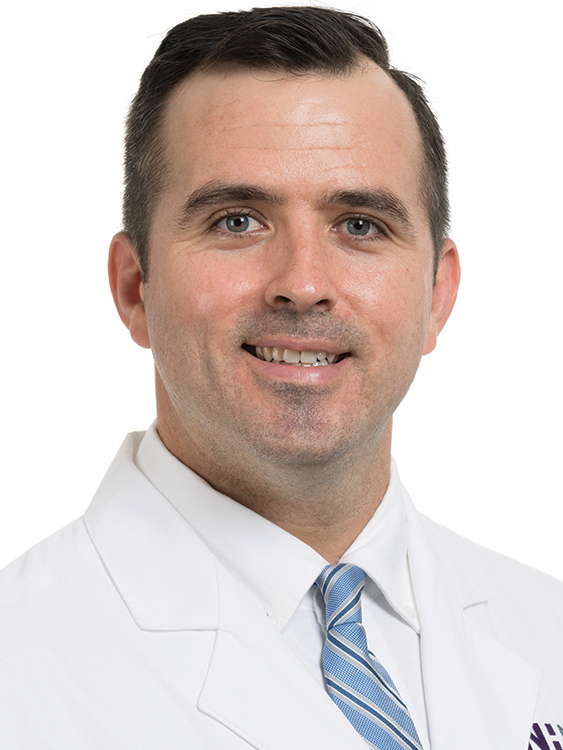This week, retired NFL quarterback Brett Favre acknowledged he has Parkinson’s disease, a progressive brain disorder that can cause tremors and greatly hinder a person’s ability to walk and speak.
About 1 million people in the U.S. live with Parkinson’s, the second-most common neurodegenerative disease behind Alzheimer’s.
Parkinson’s gradually arrests the brain’s ability to produce dopamine, which slows movement and causes tremors and stiffness in the limbs. About 30,000 people in North Carolina live with the disease.
The public revelation by Favre, who played 20 seasons of pro football, reflects the persistent unknowns about Parkinson’s, including its cause and whether head injuries can exacerbate it.
While there is no cure for Parkinson’s, there is hope in managing a diagnosis, said neurologist Dr. Robert Wiggins of Novant Health Neurology & Sleep in Charlotte.

“When patients hear the words Parkinson’s disease, the first thing they think of is all the ways their life is going to change,” Wiggins said. “The future may look a little bit different than you had planned, but that doesn’t mean it looks bad.”
Wiggins explains why here.
Holistic treatment for Parkinson's and other movement disorders
How do you get Parkinson’s disease?
Anyone can get Parkinson’s disease. It typically starts with slowed movements or a tremor in one hand or the other. The disease slowly worsens, as Alzheimer’s does. But there are treatments that can help alleviate some symptoms for patients.
Did the game of football cause Favre’s Parkinson’s?
There are many medical studies on the potential link between Parkinson’s disease and concussions. Favre says he has suffered more than 1,000. A lot of things can contribute to someone developing Parkinson’s disease, whether it’s genetics or toxic exposures in their environment.
There is more and more research that tries to draw a link between traumatic brain injuries and neurodegenerative diseases. But I’m not able to say whether that’s the case in Favre’s diagnosis.
C.T.E., or chronic traumatic encephalopathy, is a degenerative brain disease often connected to pro football. It can only be diagnosed after death.
Once someone is diagnosed with Parkinson’s, what are the immediate steps that doctors and patients should take?
This can be a really overwhelming diagnosis, and with that comes a lot of fear about the future. But there are approved medications and more coming down the pipeline. At Novant Health we use a multifaceted approach with both medications and therapy. I recommend that a lot of my patients see a counselor to talk about living with a chronic neurological condition.
What are the treatment options for Parkinson’s?
One of the paramount issues with Parkinson’s disease is not enough dopamine. There are oral medications that replace dopamine levels and reduce tremors and rigidity. There are also medications for what we call nonmotor symptoms of Parkinson’s, which include depression, anxiety and memory trouble.
Beyond medication, what other steps help manage Parkinson’s disease?
The most important thing a person with Parkinson’s disease can do is focus on exercise. Cardiovascular exercise will slow the progression, whether that’s going for a run or a brisk walk. The second tool is therapy: physical, occupational and speech. I would also add nonmedication, to include support groups that provide a resource to those with Parkinson’s and their loved ones.








